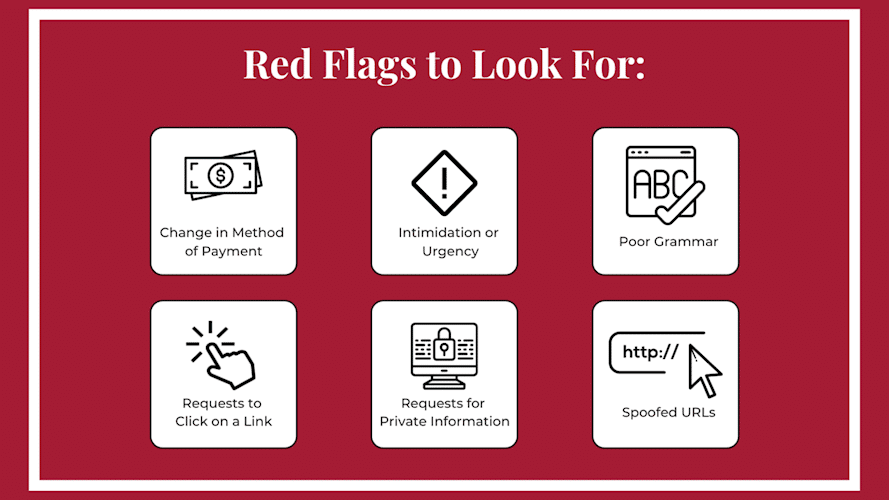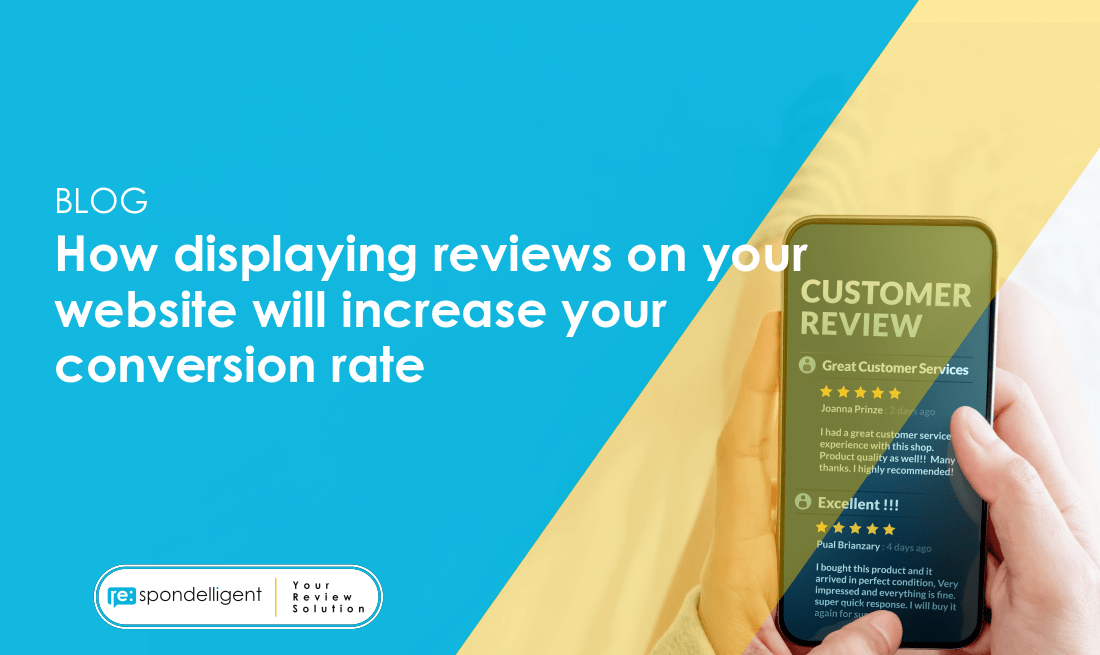Having a well-designed and informative website is crucial for any business or organization in today’s digital age. However, when it comes to the number of pages to include on your website, many people may wonder what is the ideal amount. In this article, we’ll discuss the importance of having a good amount of pages on your website and provide some guidelines for determining the right number for your particular needs.
Why is having a good amount of pages important?
Having a good amount of pages on your website can be beneficial for several reasons:
Improved SEO: Search engines tend to favor websites with more pages of high-quality content, which can lead to higher search engine rankings and increased visibility for your business or organization.
Increased Engagement: A website with more pages can offer visitors a more comprehensive and engaging experience, providing them with a wider range of information and resources to explore.
Establishing Authority: A website with a good amount of pages can establish your business or organization as an authority in your industry or field, building trust and credibility with your audience.
How many pages should your website have?
The ideal number of pages for your website will depend on your specific goals and needs. Here are some guidelines to consider:
Home Page: Every website should have a home page that provides an overview of your business or organization and directs visitors to other relevant pages.
About Us: An “About Us” page can provide visitors with information about your business or organization, including its history, mission, and values.
Products/Services: If you offer products or services, you should have pages that provide detailed information about each one, including pricing and features.
Testimonials/Reviews: Including pages with testimonials or reviews from satisfied customers can help build trust and credibility with your audience.
Contact Us: Every website should include a page with contact information, such as phone numbers, email addresses, and physical addresses.
Blog: Adding a blog to your website can provide a platform for sharing informative and engaging content with your audience on a regular basis.
In general, it’s a good idea to aim for at least 10-20 pages on your website to start with. This will give you enough content to showcase your business or organization and attract visitors to your site. As you continue to grow and expand, you can add more pages and content to meet your evolving needs.
In conclusion, having a good amount of pages on your website is important for improving SEO, increasing engagement, and establishing authority in your industry or field. By including essential pages such as a home page, about us, products/services, testimonials/reviews, contact us, and a blog, you can create a website that effectively communicates your brand and connects with your audience.





